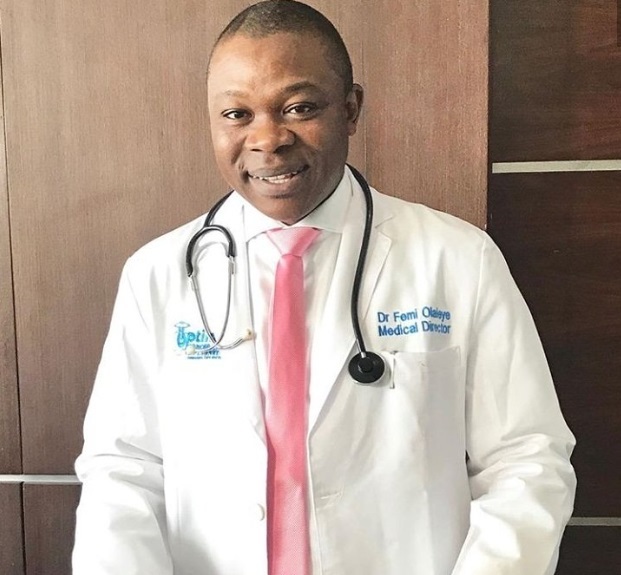Defilement: Lagos Heads To Supreme Court, Appeals Olaleye’s Acquittal
The Lagos State Government has approached the Supreme Court to challenge the acquittal of defilement charges, against Dr. Olufemi Olaleye.
He was initially sentenced to life imprisonment by the Lagos State Sexual Offences and Domestic Violence Court in October 2023.
However, the Court of Appeal in Lagos, on November 29, 2024, overturned Dr. Olaleye’s conviction, citing inconsistencies in the evidence presented by the prosecution.
The appeal court ruled that the trial court erred in convicting Dr. Olaleye based on “tainted” and “unreliable” evidence from his estranged wife and the alleged survivor.
In response to this ruling, Civil Society Organizations exerted pressure on the state government to appeal the decision.
They petitioned the Lagos State Attorney General, Lawal Pedro (SAN), urging the government to challenge the judgment at the Supreme Court to restore public trust in the justice system.
The commissioner for justice had on December 12, 2024, told newsmen during a press briefing that the case file was already on his table, and the ministry was going to review the judgment of the appellate court.
Pedro, when asked if there was any plan to appeal the judgment, had said that he had 90 days of right of appeal.
Dissatisfied with the decision of the appellate court the Lagos State Government, argued that the acquittal was unjust.
The government is now seeking to overturn the appeal court’s decision at the Supreme Court.
In the appeal dated December 27, 2024, the Lagos State Government is seeking to reverse the Court of Appeal’s acquittal of Olaleye.
The state government’s grounds for the appeal include the argument that the appellate court erred in disregarding Section 209(2) of the Evidence Act, 2011, and the Supreme Court decision in Dagaya v. State (2006).
The state contended that the sworn evidence of a child above the age of fourteen (14) requires corroboration, as specified by Section 209(3) of the Evidence Act, 2011, which mandates that the evidence of a child under 14 needs corroboration to secure a conviction.
The state further stated that the Justices of the court of appeal erred in law when they held that exhibit H, H1, and H2, were wrongly admitted and relied upon by the trial court having failed to conduct trial within trial for their admissibility.
“The factors guiding admissibility of confessional statements are well laid down in Sections 28 and 29 of the evidence Act 2011, and objection to such admissibility must be raised at the time the statement is sought to be tendered not after it has been admitted without objection.”





